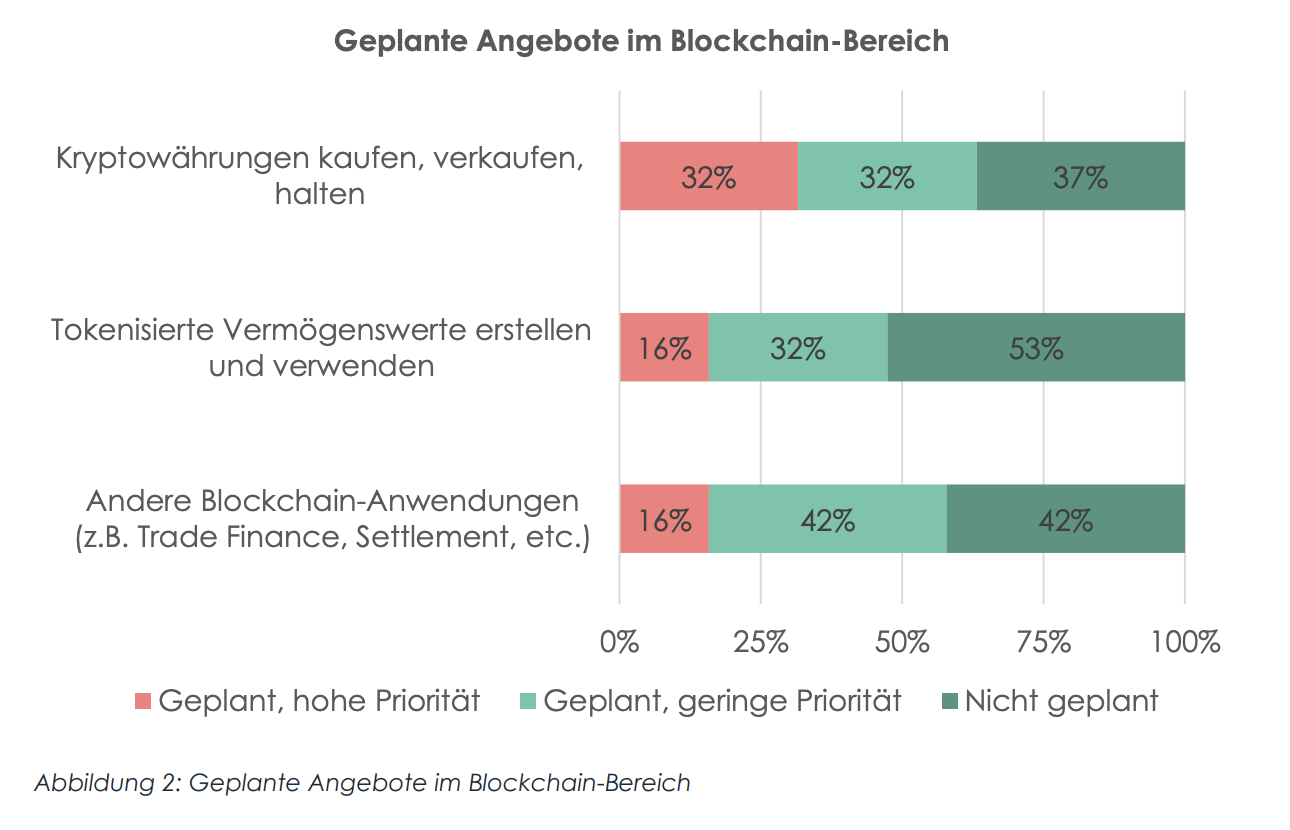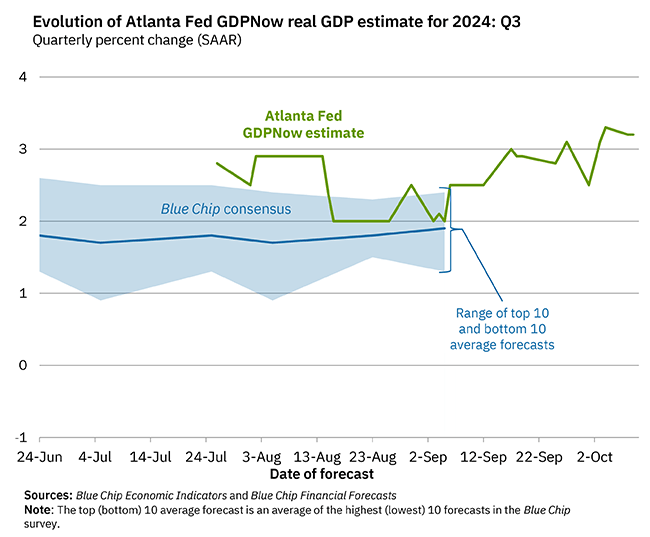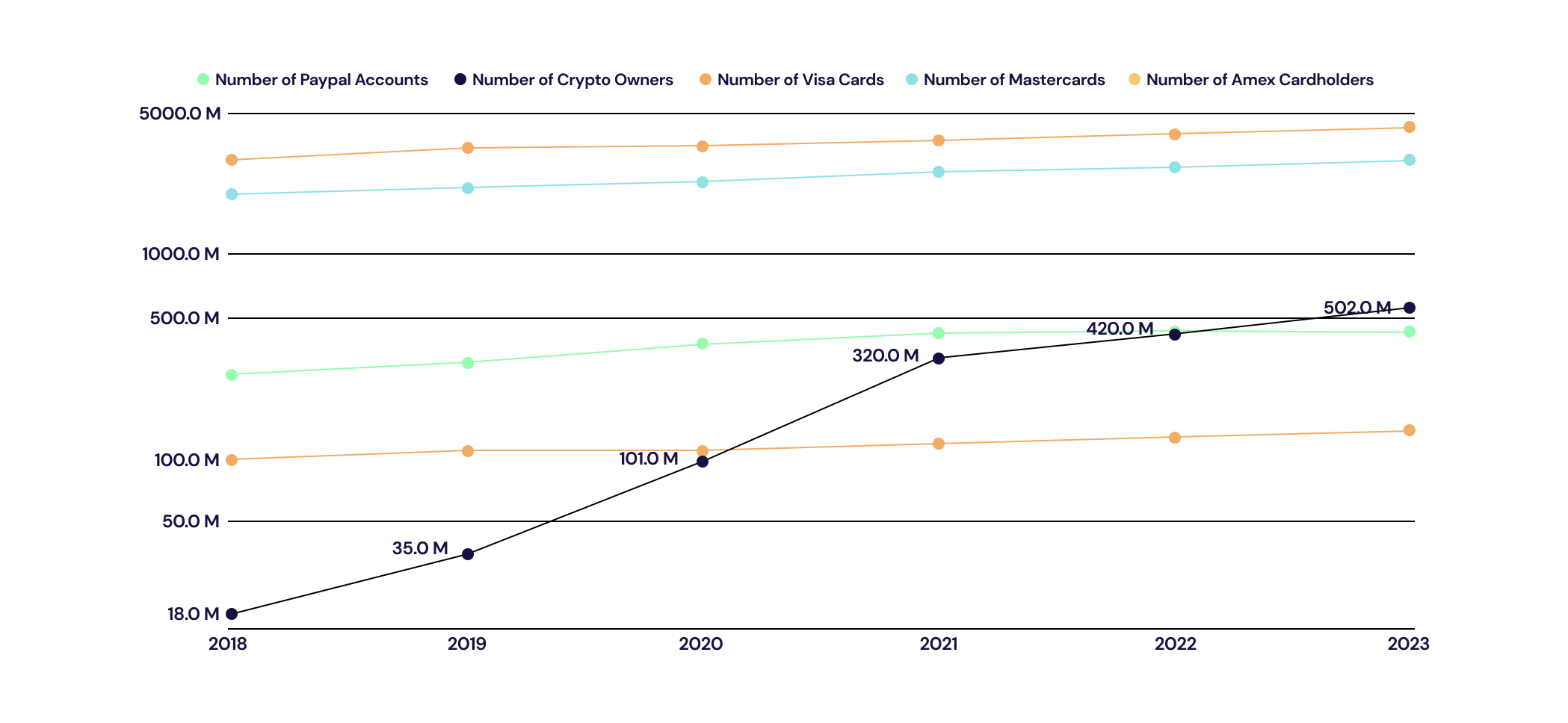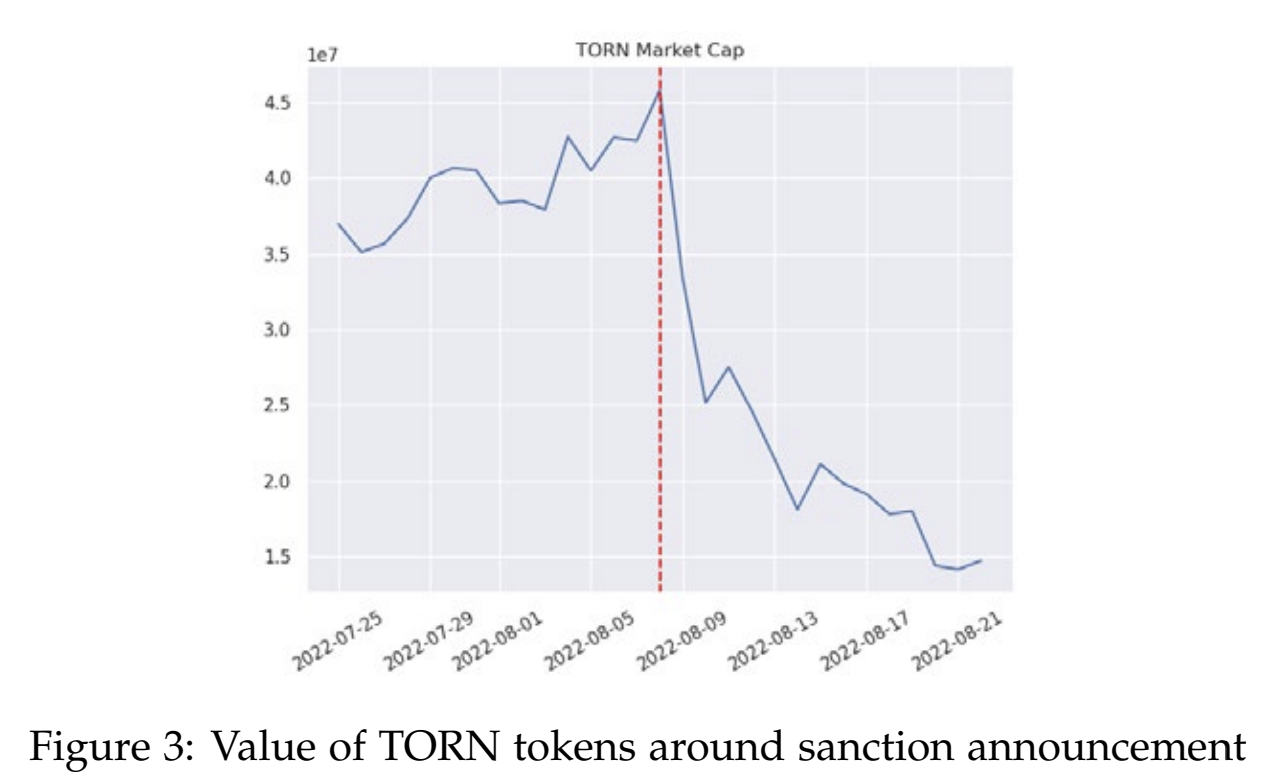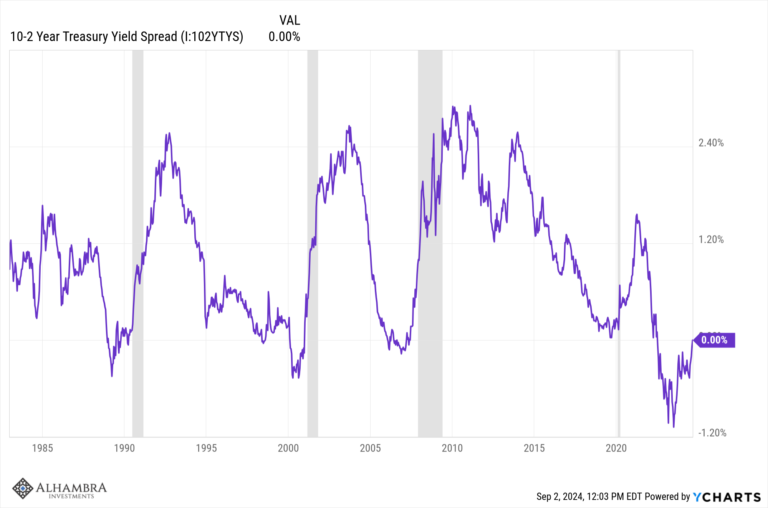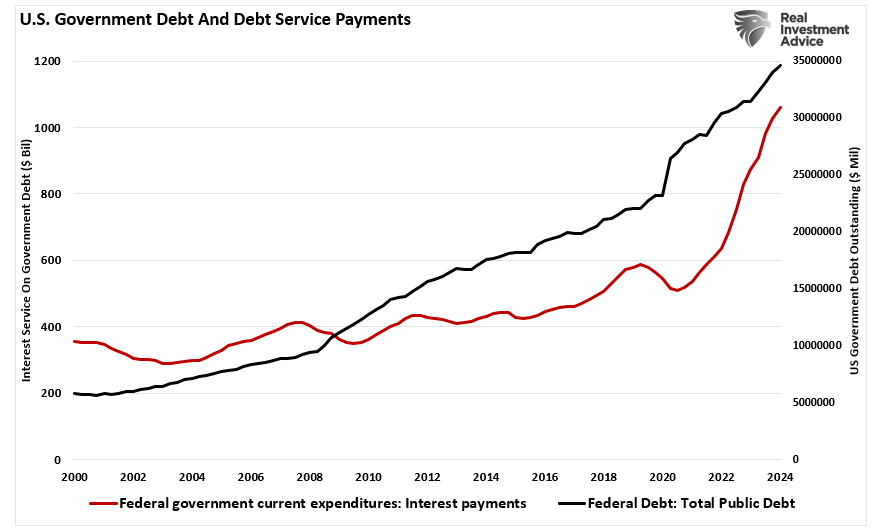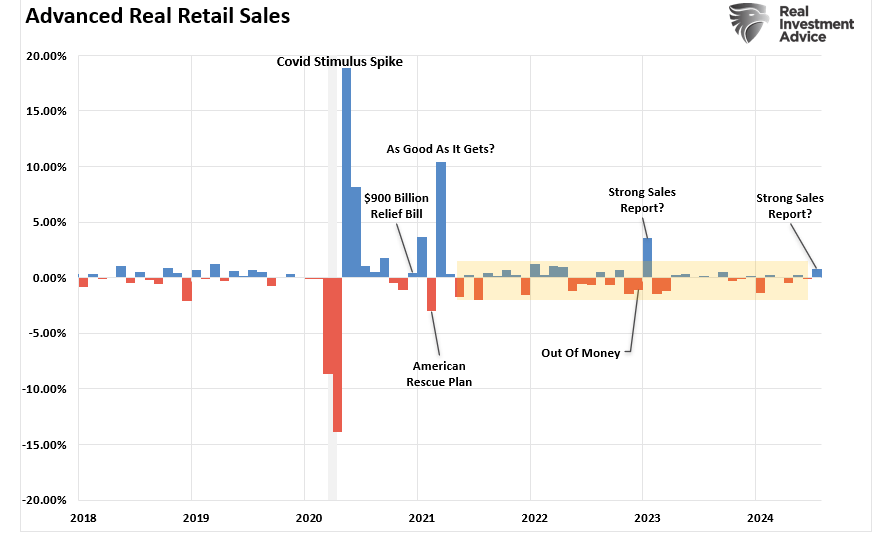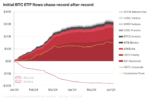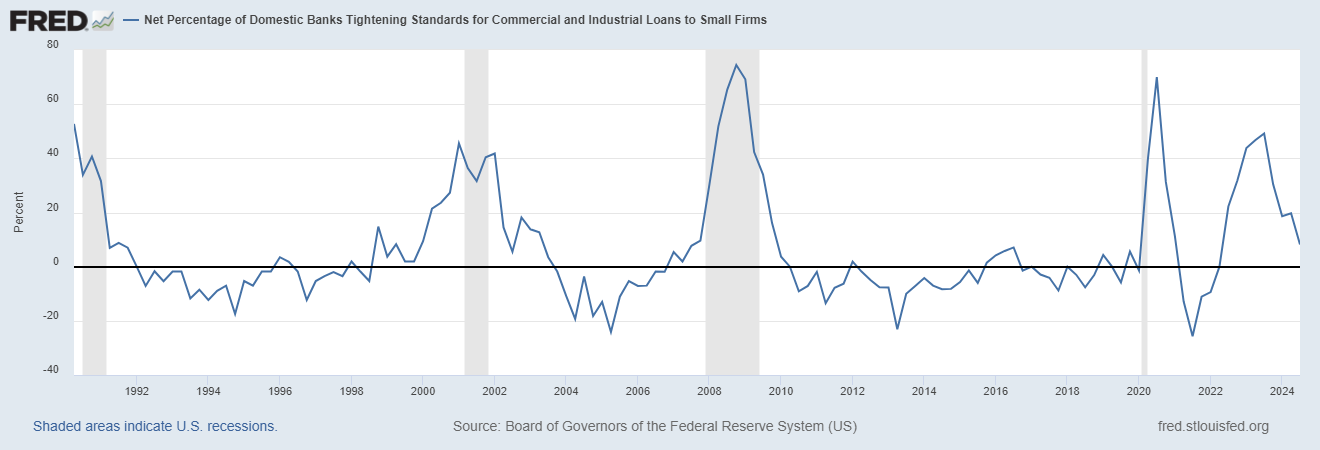 The timing just never seems to fall in our favor. If we had had this conversation ten years ago as would have been appropriate, then this evolution might have fell perfectly in our collective laps. Just as the global financial system, really the international, interbank monetary system of the eurodollar, was crashing all around us, the genesis block of the Bitcoin blockchain was hard coded.
The timing just never seems to fall in our favor. If we had had this conversation ten years ago as would have been appropriate, then this evolution might have fell perfectly in our collective laps. Just as the global financial system, really the international, interbank monetary system of the eurodollar, was crashing all around us, the genesis block of the Bitcoin blockchain was hard coded.
Within it contained very insightful if superfluous (from a technical standpoint) text, a truly elegant starting point for a competing monetary idea:
The Times 03/Jan/2009 Chancellor on brink of second bailout for banks
Officials, particularly Western central bankers, were at that time in no mood for thinking about alternative global arrangements. Even those other monetary officials (Zhou Xiaochua) who happened to know what was really wrong were still willing to give the Ben Bernanke’s a second chance to fix it. It was our lost opportunity because central bankers didn’t then, and still don’t now, know what’s actually broken.
The world is far too focused today on Bitcoin, not without legitimate reasons. It has in 2017 taken it by storm, rising parabolically for quite a remarkably sustained period. People who have no idea what it really is are rushing toward it, some buying it without first appreciating the whole complexity and texture of the technology behind it.
As such, it forces unwanted political attention that might have been better served understanding the motivations behind the message contained within the genesis block. Now, they can simply claim it’s in a destructive bubble and lump every form of crypto, both what’s already in existence and what is yet to come (the really exciting part), into the same negative category.
Economists, even those who still bother trying to resemble free market thinkers, rush to ban it. As I wrote last week on the topic of what’s really, in my view, motivating Bitcoin mania:
Statists don’t share power. Economists in the realm of money are thorough statists, however they might describe themselves as some range of capitalist.
Bitcoin is not, to me, the part to focus on. It is in many important ways, as President Obama was often fond of saying, a distraction. The potential lies not in it being a competing currency but upgrading as to what the eurodollar has been for half a century already. If you understand that the eurodollar system isn’t really a currency system but a set of network standards and protocols, then blockchain seems like it was made to be if not the perfect solution than still perhaps the right one given where we are (to really make sense of this, you really should read the whole thing).
That’s what the acceptance market essentially became – a way for banks to conduct their thousands of individual transactions across time and geography with only having to ship, or wait to receive, money once the net sum of all those trades would come due. It was a ledger system (poker chips) that was backed by deposits of gold and cash (with the dealer), as well as central banks (the house).
The eurodollar which supplanted the acceptance market even while the Bretton Woods gold exchange system remained nominally the official reserve standard was merely the next step for international monetary evolution along these lines. How much more elegant might the whole operation become if we just eliminate the need for cash deposits altogether? To a true money adherent, such an idea was and is today abhorrent. To a bank merely trying to operate as efficiently as possible, this was a dream scenario.
The primary problem with the eurodollar system is that it is a decentralized ledger, where much of what goes on with them doesn’t ever see the light of day (the shadows). It was an attempt at a pure medium of exchange, and for a very long time it seemed to work that way as if nobody really needed to know what was on all those darkly hidden registers. From August 9, 2007, forward, it was proven that even a decentralized ledger system really needs full private scrutiny.
This is where blockchain may hold an answer. The technology behind Bitcoin (don’t get hung up on specifically Bitcoin) is nothing more than a network ledger. It is instead centralized, but it could in theory (with a bit more work, pun intended) take the place of the decentralized eurodollar ledger. In the latter, the credit-based money system, the banks are what matter for creation of money supply (the dealers create all the chips, and even control what kind of chips may be played). In the former, that weakness is removed as is the foolish dependency on incompetent, ideologically stunted central bank statisticians.
In other words, it’s not so much ridding ourselves of dollars or even “dollars”, but changing the way they are accounted for while still allowing for some positive attributes (there are some) of the eurodollar system to be maintained. A pure medium of exchange is a truly tantalizing idea, a dedicated payment system alone, but it needs to be far more robust in a way the dispersed and spread out eurodollar format just never could be.
More than that, I think it offers the shortest distance between A and B; A being where we are now stuck in chronic monetary instability and thus the worst economic case; B being the very happy day when that problem is solved and the great global recovery, real not imagined, takes off.
We are going to get to B at some point in the future, and the journey we take to that point will determine what that means. If we arrive at B in the same way as the Great Depression era (Bretton Woods taking place toward the end of another world war), meaning doing nothing but the same thing that Economists tell us to do over and over, it will have been the worst of the worst cases. The idea is to get started as soon as possible so that we can work out the solution and the way to implement it as painlessly and with as little disruption as possible so as to arrive at B long before the political and social sh#& hits the fan.
That’s where the timing may have us unlucky. Maybe our fate was sealed the minute Ben Bernanke started acting courageously and we let him off the hook for why he felt that way in the first place (he’s never answered for “subprime is contained”, and nobody has ever made him). It’s too late now, and with Bitcoin off like a rocket there is a very real, dispiriting chance blockchain may never get enough work and then its real trial run.
Nobel Prize-winning economist Joseph Stiglitz said “bitcoin is successful only because of its potential for circumvention, lack of oversight.”
“So it seems to me it ought to be outlawed,” Stiglitz said Wednesday in a Bloomberg Television interview with Francine Lacqua and Tom Keene. “It doesn’t serve any socially useful function.”
Stiglitz is a buffoon and a thorough statist, but he is influential because Economics still dominates the political end of things. From China to Europe there are official and unofficial voices expressing grave doubts and discomfort over Bitcoin without really considering blockchain. It may end up where Bitcoin sinks the blockchain given that its greatest risks are all political (an outright ban).
The only way to thwart those intentions is for enough people to take a determined interest in cryptos as a class rather that solely as speculation in the one; to see the great potential in the real stuff of its evolution, and not get hung up on something like price. We have to step ourselves outside of currency and appreciate the currency system, and do it with enough of a broad basis of appreciation that it overcomes and survives what will surely be an effort to kill it.
It may be that our future depends upon how successful we can become in this way, accepting blockchain no matter what ancient Economist decries it, or whichever political figure who clearly doesn’t get it or our real monetary problem seeks its official exile. As if we needed any more of them, it’s another race or countdown. The primary issue after losing one decade is always really going to be time.
We are going to go from A to B one way or another; willingly by design, in a messy, uncontrolled reset, or some ways in between . There are today even after ten years still some positive outcomes possible. I worry that timing (Bernanke’s real legacy) may be conspiring to take one of those few away before it ever really gets started.
Tags: Bitcoin,Blockchain,cryptocurrency,currencies,economy,EuroDollar,Federal Reserve/Monetary Policy,Markets,newslettersent




















